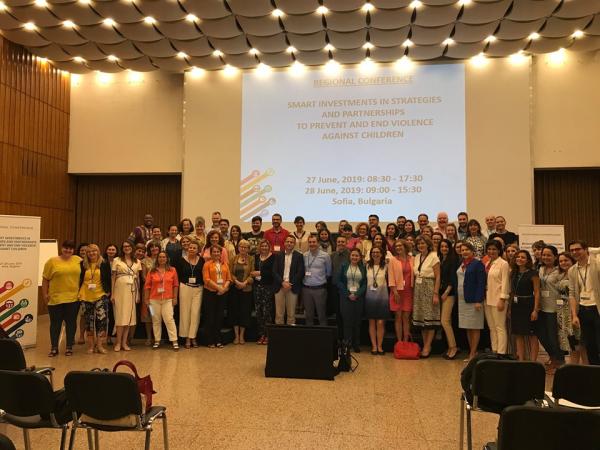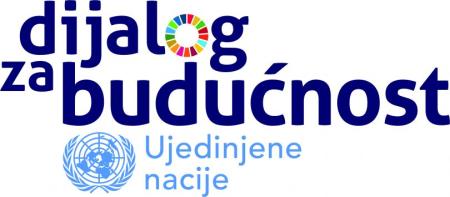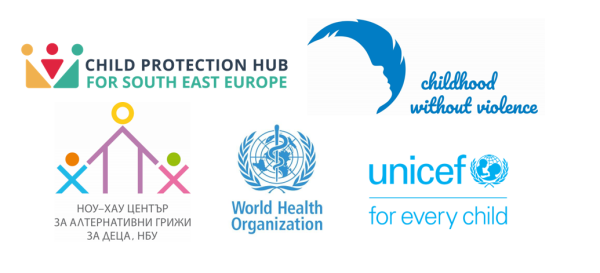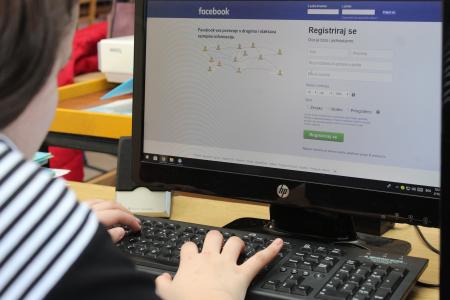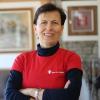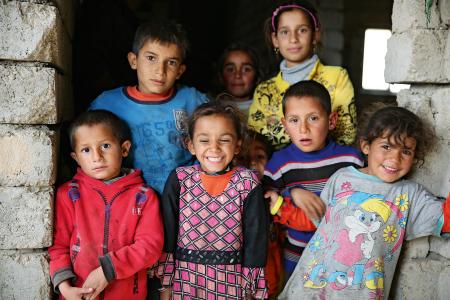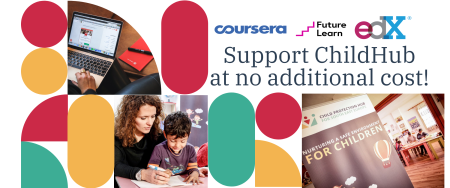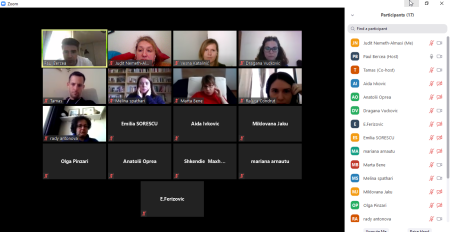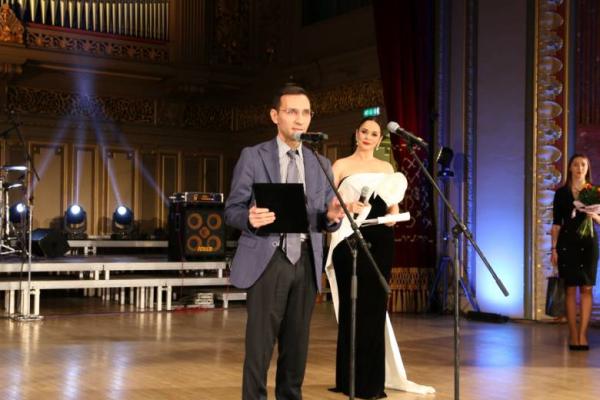
A subregional, high-level conference on ‘Smart investment in strategies and partnerships to prevent and address violence against children’ took place in Sofia, on 27–28 June. The event gathered more than 150 experts and representatives of state institutions from 10 countries in the region of Eastern Europe and the Balkans, as well as renowned academics from Ireland, the USA, and beyond. The event was jointly organized by the Ministry of Labour and Social Policy, the State Agency for Child Protection, UNICEF, World Health Organization (WHO), Child Protection Hub, and the association ‘Childhood without Violence’.
New statistics, facts, and research findings were presented during the conference. Accordingly, around 1 billion children worldwide are annually victims to some form of violence – physical, sexual, or emotional. The economic losses of violence against children are estimated to be up to 7 trillion dollars, or 8% of the gross domestic product. If a child is exposed to more than 4 adverse childhood experiences in his or her childhood, then that child becomes twice as likely to develop heart disease, 4 times more likely to engage in risky alcohol consumption, 6 times more likely to become a parent in their teens, 6 times more likely to start smoking, 20 times more likely to commit a crime and go to jail, and 49 times more likely to attempt suicide.
In Bulgaria, unified data doesn’t exist on cases of violence against children (including child abuse, exploitation and neglect), as they are collected by different institutions and under different criteria. The Agency for Social Assistance received 1,106 reports of violence against children in 2018, according to the Minister of Labour and Social Policy, of which, 347 became open cases, which led to identifying children as ‘at risk’ and appropriate measures being taken. In parallel, the General Prosecutor's Office reported that 2,379 children aged 14–18, and 1,941 children under the age of 14 were victims of crime. According to data from the Ministry of Education and Science, 3,616 cases of aggression were reported in schools during the 2017/2018 academic year.
Experts identified a set of technical and multisectoral actions to prevent and respond to violence against children, and to build strong partnerships in the region of Europe and Central Asia. Regarding the situation in Bulgaria, the immediate recommendation was to commit to collect and analyse data on violence using a comprehensive and systematic approach. Additionally, a robust support to parents to continue to raise their children in a safe and caring environment needs to be ensured and supported by all relevant authorities and international organizations.
Check out Childhub Facebook page for more information about the conference and the outcomes!


